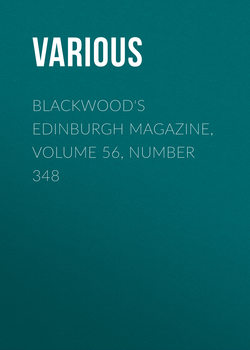Читать книгу Blackwood's Edinburgh Magazine, Volume 56, Number 348 - Various - Страница 8
POEMS AND BALLADS OF GOETHE
No. II
Philine’s Song
ОглавлениеSing not thus in notes of sadness
Of the loneliness of night;
No! ’tis made for social gladness,
Converse sweet, and love’s delight.
As to rugged man his wife is,
As his fairest half decreed,
So dear night the half of life is,
And the fairest half indeed.
Canst thou in the day have pleasure,
Which but breaks on rapture in,
Scares us from our dreams of leisure
With its glare and irksome din?
But when night is come, and glowing
Is the lamp’s attemper’d ray,
And from lip to lip are flowing
Love and mirth, in sparkling play;
When the fiery boy, that wildly
Rushes in his wayward mood,
Calms to rest, disporting mildly,
By some trivial gift subdued;
When the nightingale is trilling
Songs of love to lovers’ ears,
Which, to hearts with sorrow thrilling,
Seem but sighs and waken tears;
Then, with bosom lightly springing,
Dost thou listen to the bell,
That, with midnight’s number ringing,
Speaks of rest and joy so well?
Then, dear heart, this comfort borrow
From the long day’s lingering light—
Every day hath its own sorrow,
Gladness cometh with the night!
We are somewhat puzzled as to the title which we ought to prefix to our next specimen. Goethe rather maliciously calls it “Gegenwart,” which may be equivalent to the word “Presentiality,” if, indeed, such a word belongs to the English language. We, therefore, prefer dedicating it to our own ladye love; and we could not find for her any where a sweeter strain, unless we were to commit depredation upon the minor poems of Ben Jonson or of Shakspeare.
